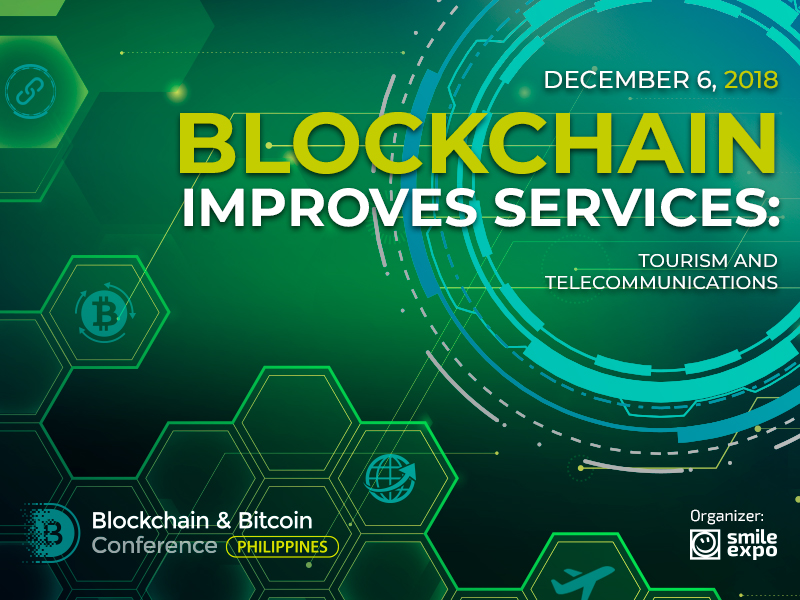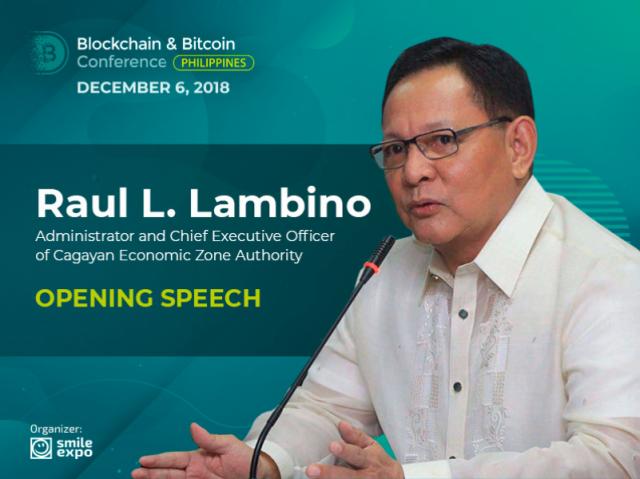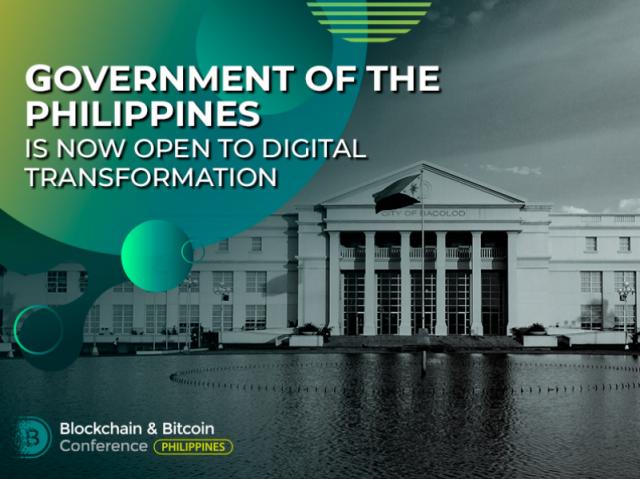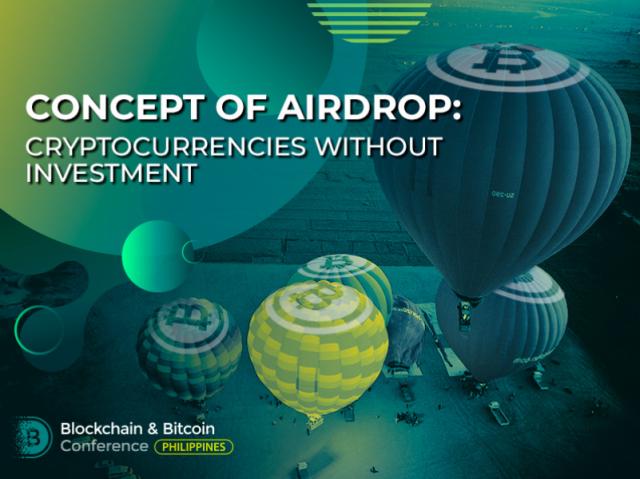Blockchain Improves Services: Tourism and Telecommunications

Spheres connected with providing services, such as tourism industry and telecommunications, have several difficulties. Lack of transparency, inadequate marketing and outdated infrastructure constitute just a small part of overall number of problems.
Blockchain is actively entering services industries and disrupting the traditional operations. Let’s discover how tourism and telecommunications can be improved with DLT.
Decentralized tourism
Blockchain technology can benefit the travel industry in different ways, as its smart contracts, decentralized nature and fast transactions can make numerous processes more efficient.
Tracking Luggage and Staying at the Hotel
As the luggage of customers is transferred several times during one journey and can get lost, storing the information in a distributed database helps companies to share tracking information easier.
Blockchain is also able to improve the experience of staying in the hotels, as it reduces risks of being tricked and lowers the commission fees. Booking a room with the help of DLT, customers can be sure that their room will not be taken, and they won’t have to pay any additional fees after the arrival.
Identification
Identification services have a significant importance in travel industry, and DLT can assist with the information storage for that purposes.
With DLT, check-in times can be reduced, and travellers won’t have to wait in lines to prove their identity at the airport.
Payments
Travel transactions and payment for accommodation become faster with DLT. Transparency introduced by the technology makes transactions more secure, and customers pay less fees as the participation of banks as intermediary parties is not needed.
According to predictions of Travelport, travel commerce platform offering new solutions for tourism industry, in 2-5 years, reservations made on distributed ledger and travel cryptocurrency exchanges will become widely used. Also, the platform predicts that in over 5 years, whole trips on blockchain will be adopted.
Telecommunications and blockchain
The other sphere of providing services which can be improved with blockchain is telecommunications.
In general, according to the report of the global market research store Research and Markets, DLT in telecom will increase from a $46.6 million industry in 2018 to one worth $993.8 million in 2023. Currently, DLT is already being integrated into the industry.
Fraud management
Blockchain has the ability to reduce the roaming fraud. It can be done by utilizing a permissioned blockchain between a pair of operators which have a roaming agreement. Smart contracts will allow instant and verified authorization which will also help to reduce costs.
Replacing SIM Cards
Blockchain may provide a new solution instead of SIM cards – eSIM technology, which refers to the SIM card embedded into the phone. It allows consumers to store several operator profiles on a device at once, and easily switch between them.
Real Example – Bubbletone
Blockchain in telecom is used by Bubbletone – the first decentralized telecom ecosystem. The platform directly connects mobile network operators and users globally.
It allows travellers to communicate in different countries retaining their own home numbers without the need to replace SIM cards. More than that, it completely eliminates roaming costs and offers additional revenue streams with DLT.
Blockchain has a potential to improve the efficiency of services sectors, making them more accessible for customers, and turning their operations into easier and more comfortable processes.
Blockchain applications into various sectors will be discussed by crypto experts at the Blockchain & Bitcoin Conference Philippines.



